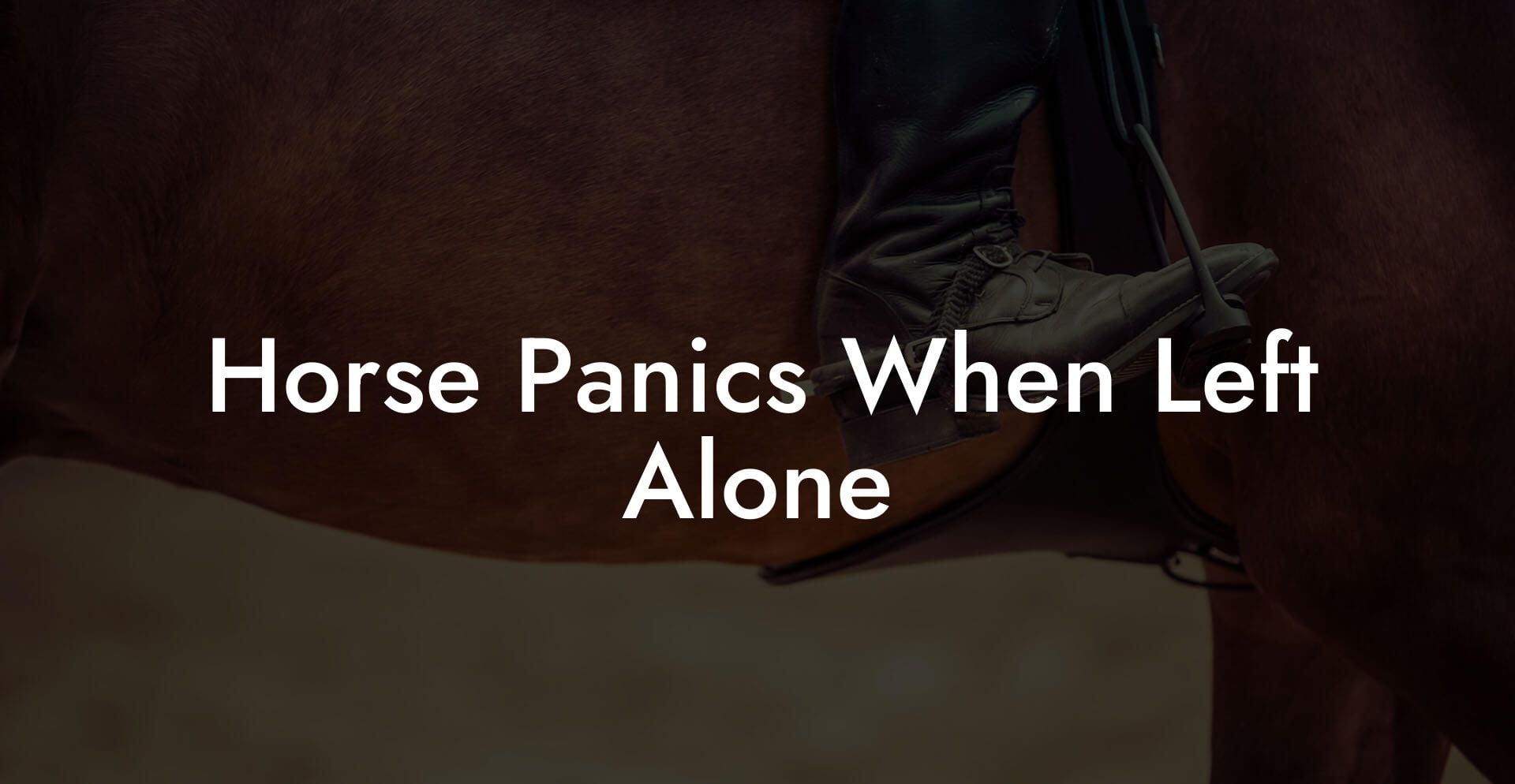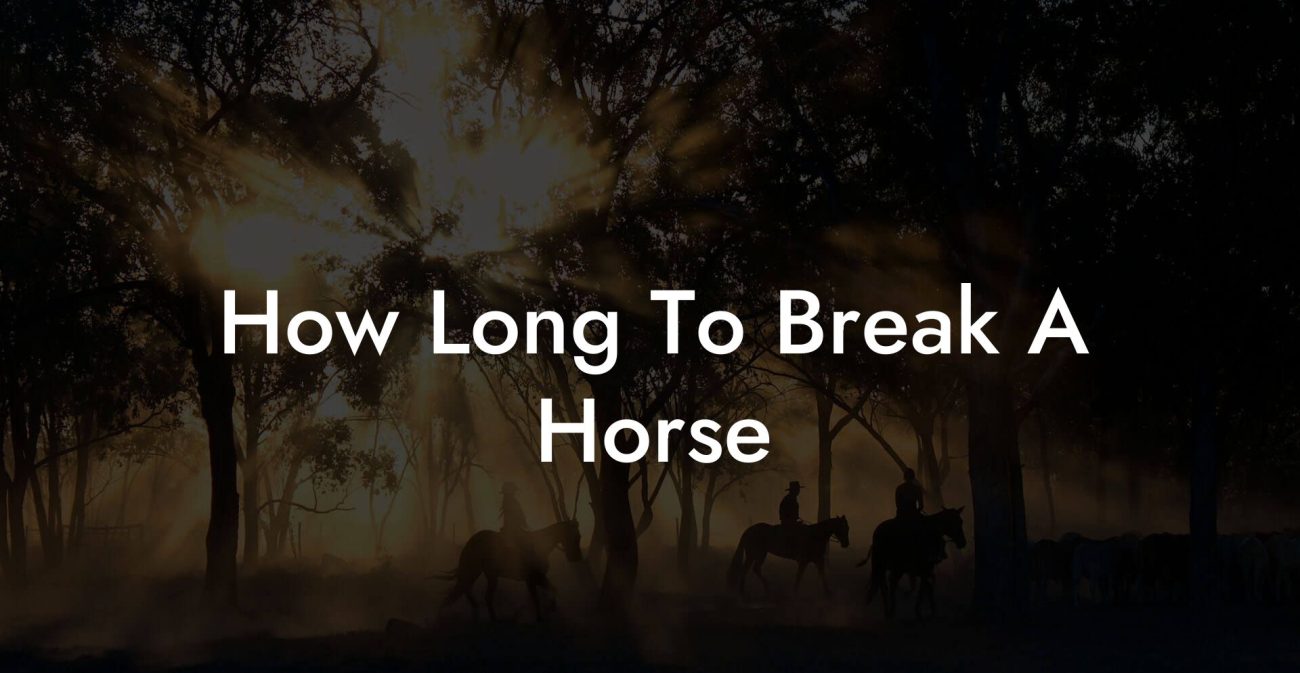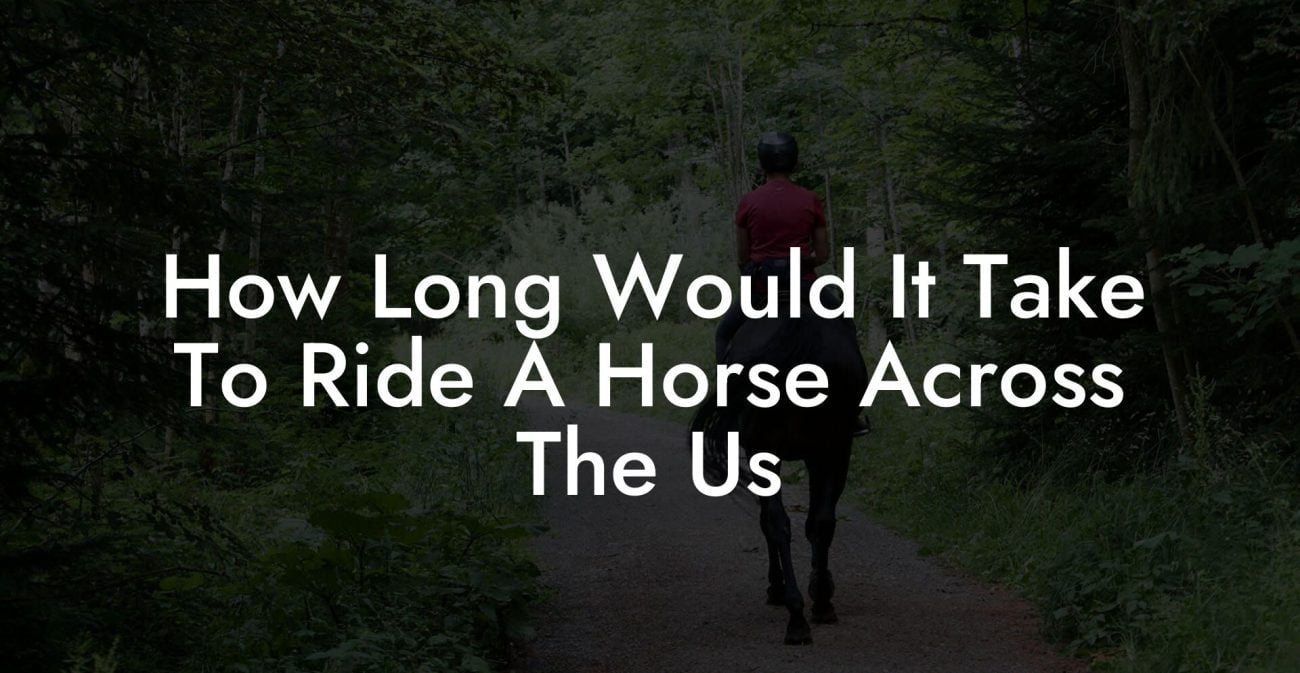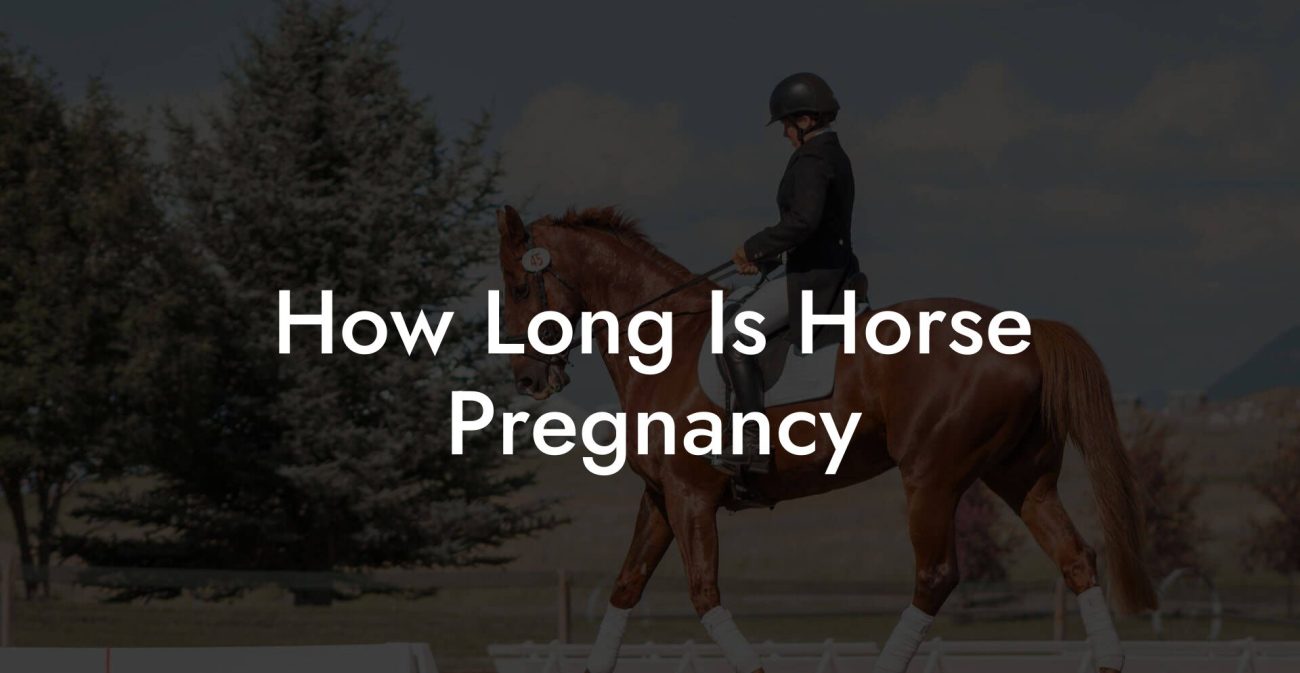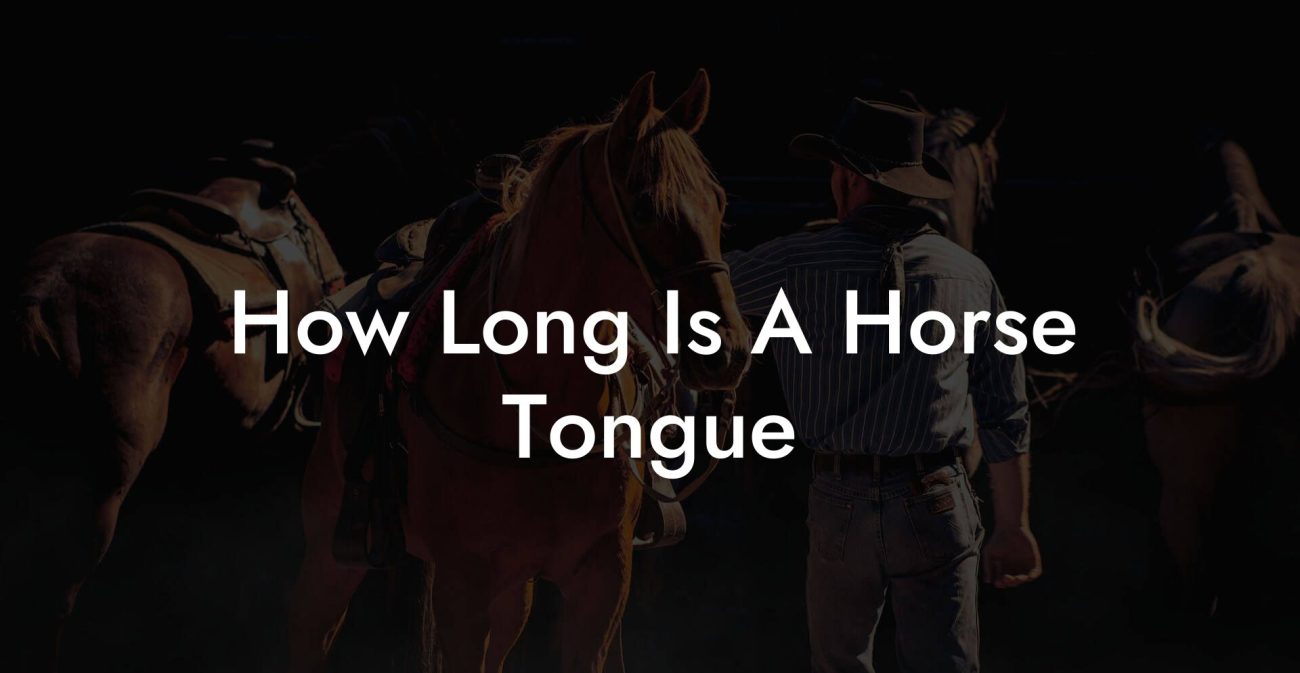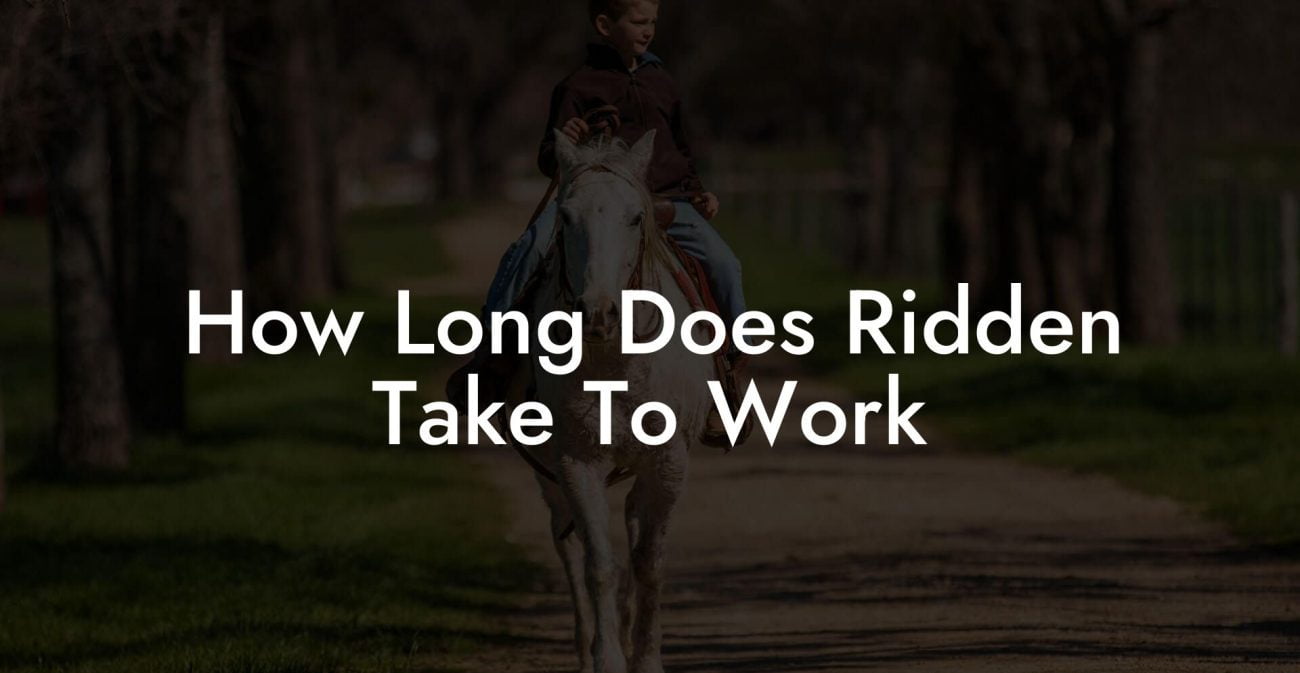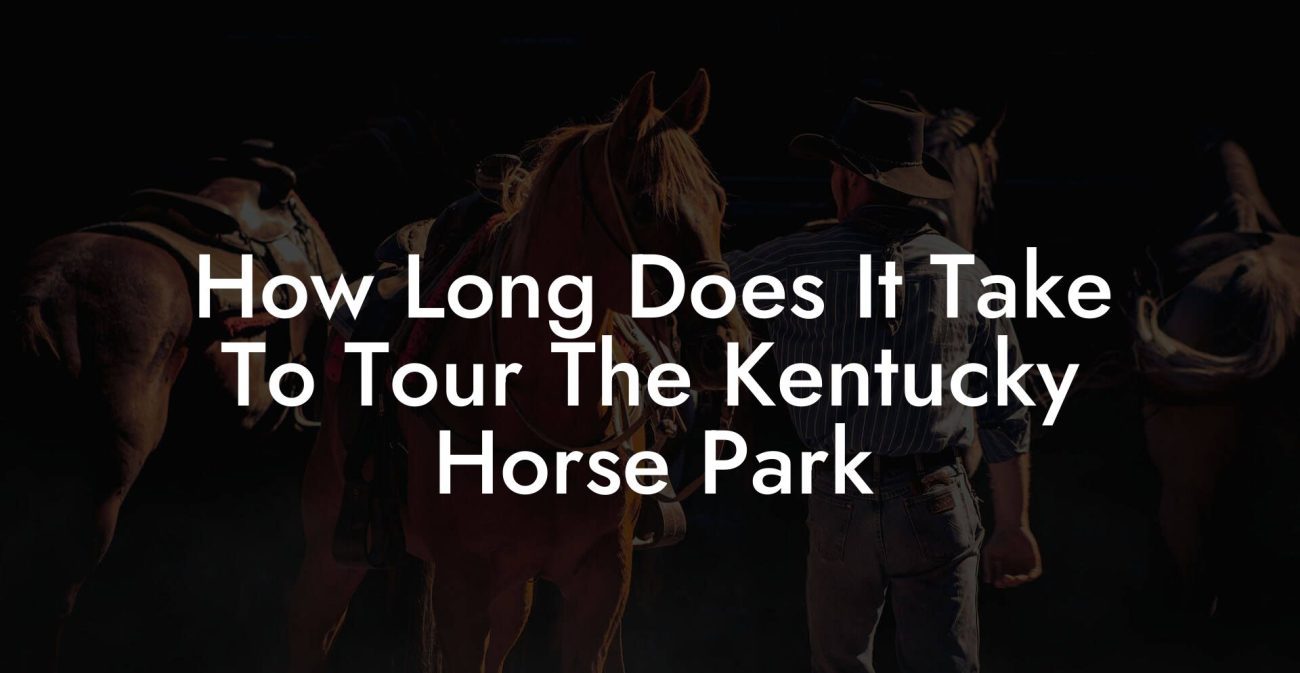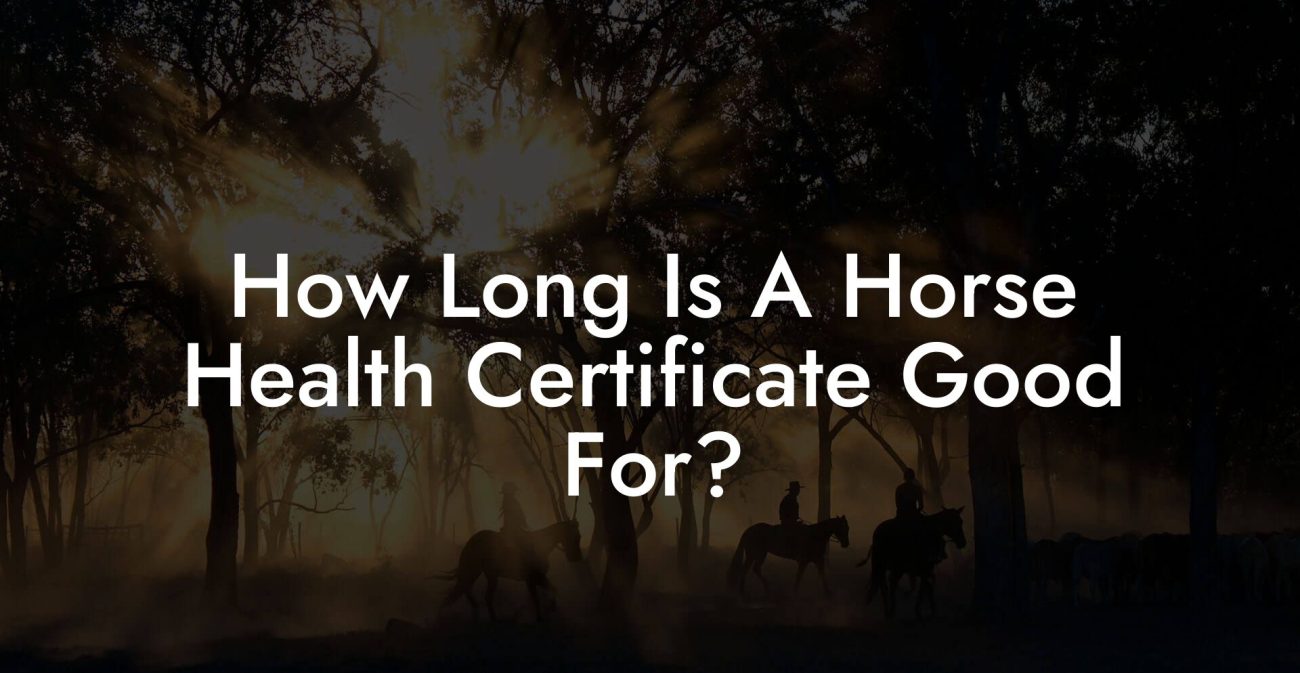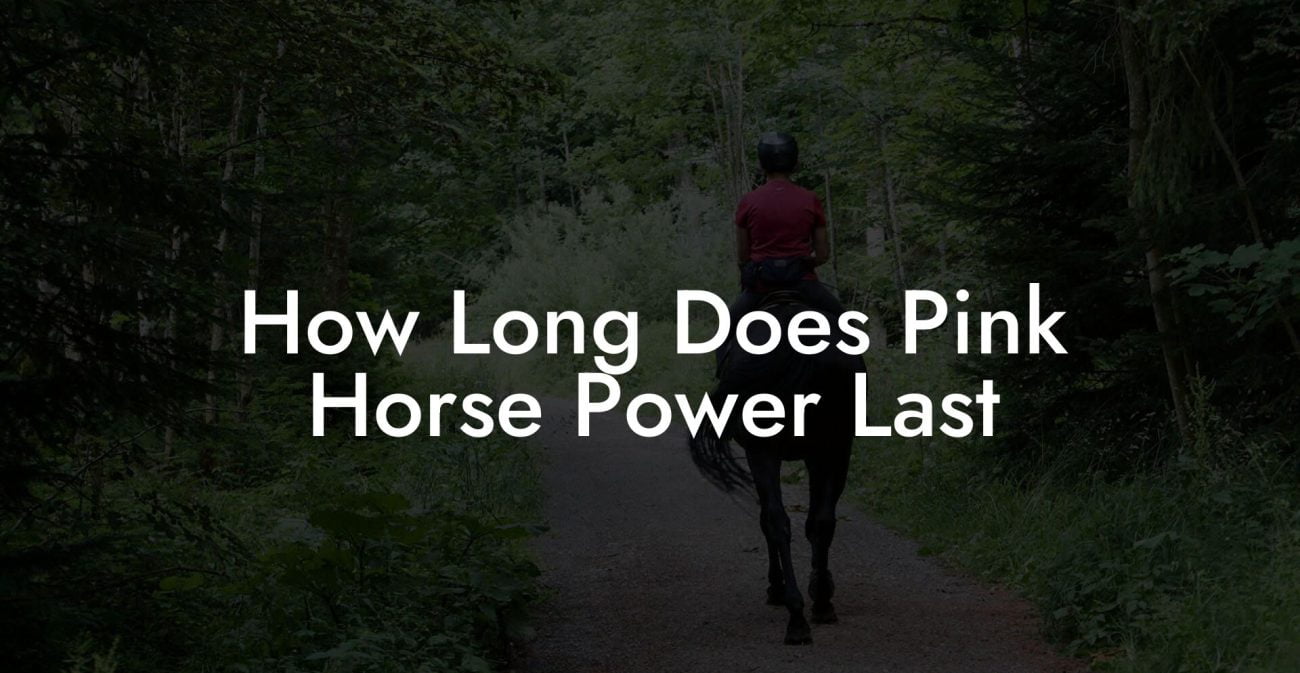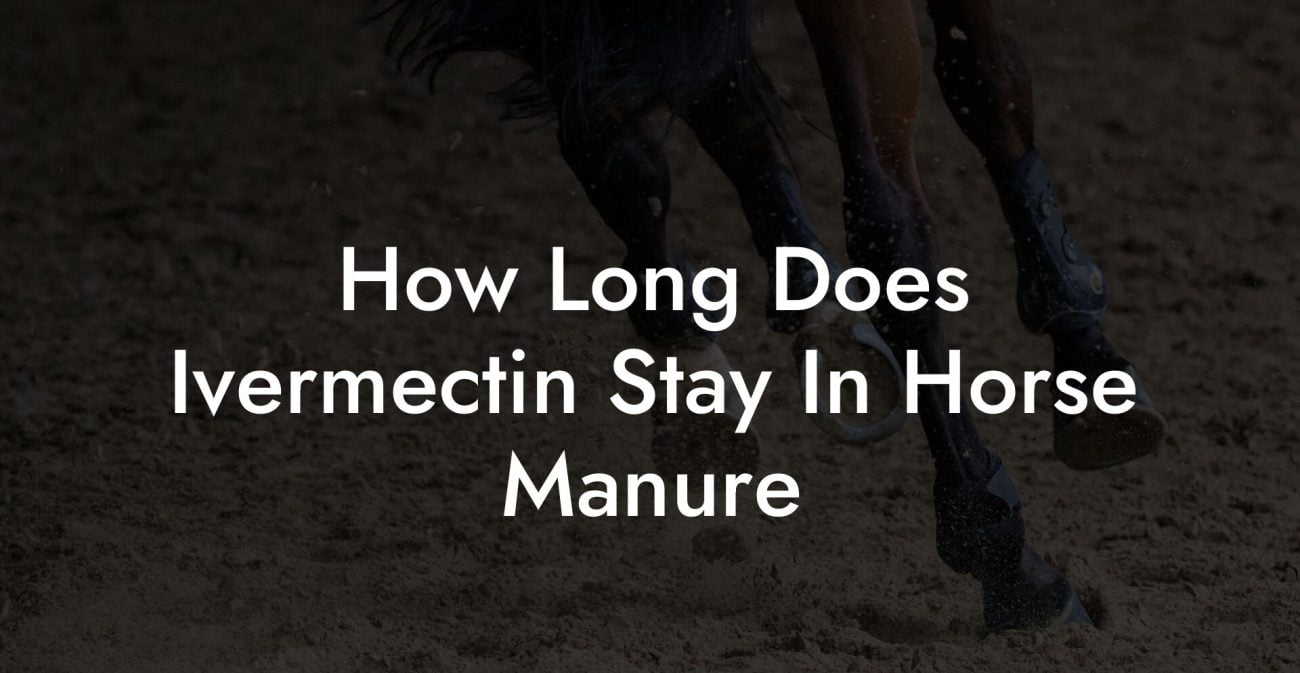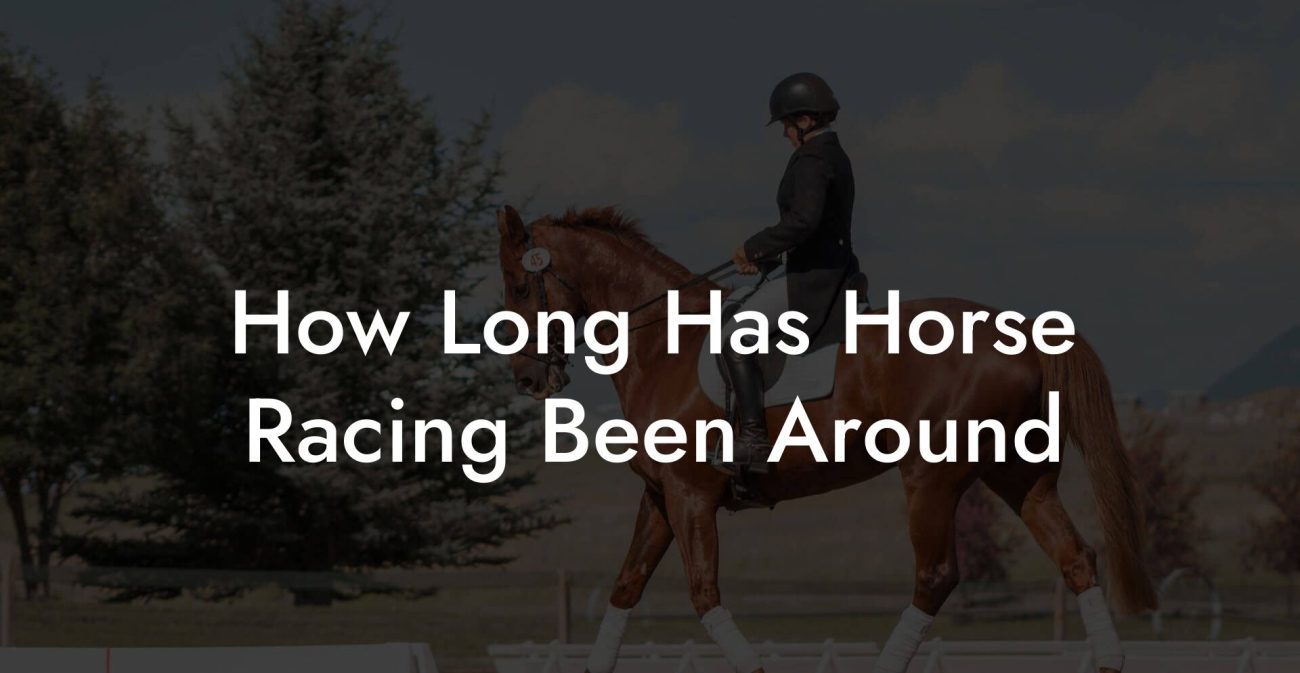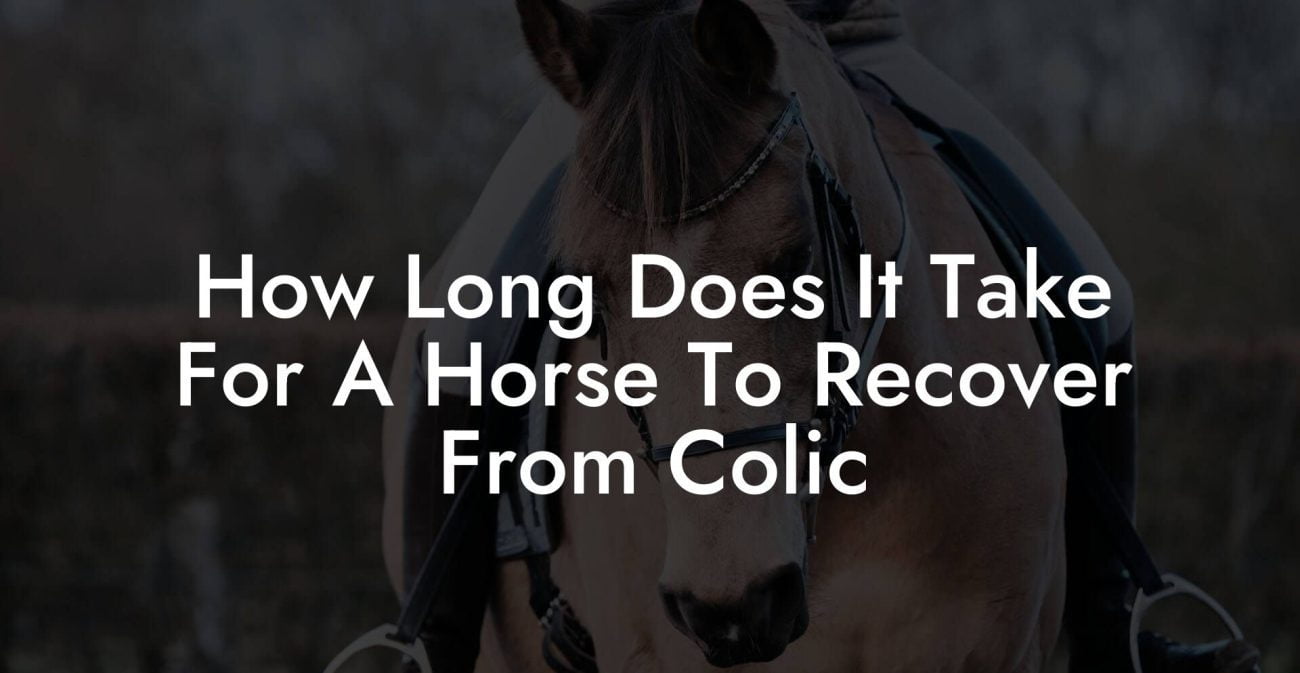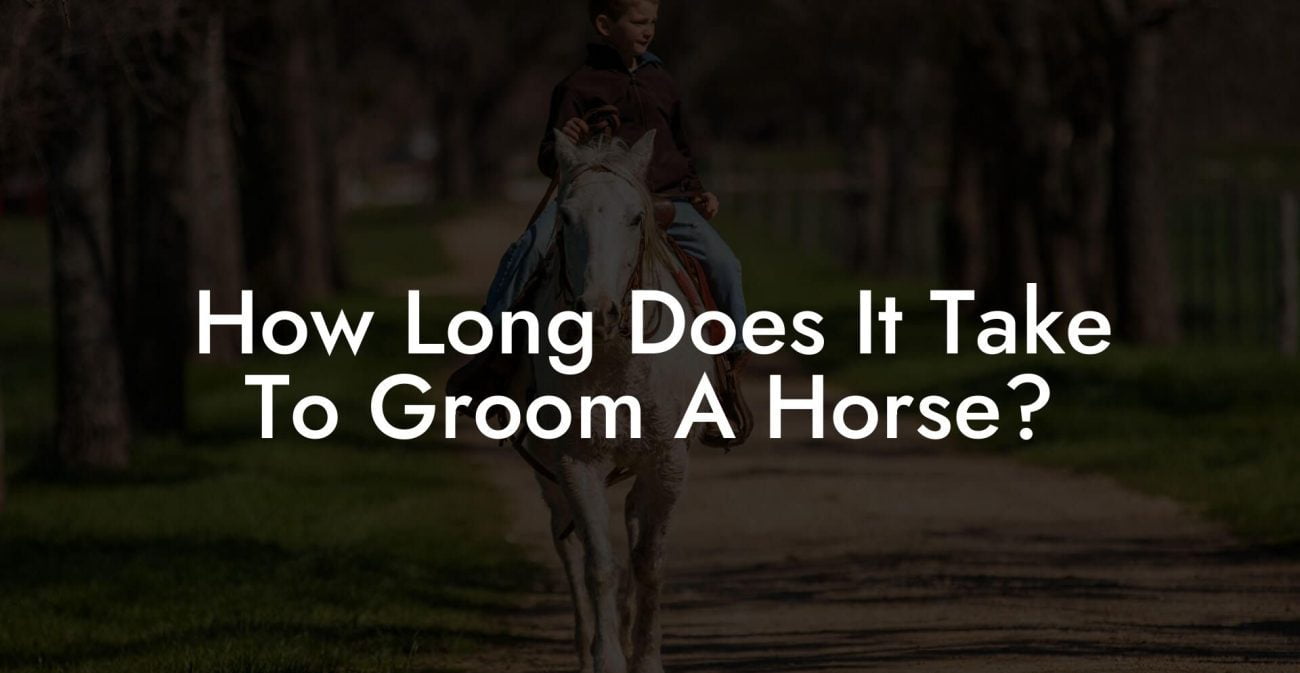If you've ever experienced your horse panicking when left alone, you know how distressing and potentially dangerous this behavior can be. Separation anxiety in horses can manifest in various ways, including destructive behaviors, excessive vocalization, and even injury. In this article, we'll explore why horses panic when left alone, strategies for managing their anxiety, and prevention techniques to ensure your horse remains calm and happy in any situation.
Horse Panics When Left Alone Table of Contents
Causes of Separation Anxiety in Horses
Causes of Separation Anxiety in Horses
Horses are herd animals, meaning they thrive in groups and rely on one another for safety and companionship. Removing a horse from its herd can trigger anxiety and fear, leading to the panic behaviors you've observed. The following factors can contribute to separation anxiety in horses:
1. Natural Instincts
Horses have evolved to be social animals that depend on the 'safety in numbers' dynamic of a herd. Their instincts tell them that separation from their group may result in isolation, vulnerability, and threats from predators.
2. Lack of Socialization
A horse that hasn't been properly socialized with other horses, especially during its early life, may develop a strong attachment to a single companion. When left alone, this horse may panic due to its reliance on that specific individual for comfort.
3. Poor Training or Handling
Inconsistent or harsh handling can contribute to a horse's anxiety and fear of being alone. Improper weaning and separation practices can also have long-lasting adverse effects on a horse's behavior.
Strategies for Managing Separation Anxiety
If your horse panics when left alone, it's crucial to approach the situation with understanding and patience. Here are some strategies to help manage your horse's separation anxiety:
1. Gradual Desensitization
Slowly acclimate your horse to being alone by leaving it by itself for progressively longer periods of time. Begin with just a few minutes and gradually increase the duration. Reward and praise your horse when it remains calm during these separations.
2. Provide a Companion
A suitable companion animal, such as another horse, donkey, or even a goat, can help ease your horse's anxiety when left alone. Just be cautious when introducing new animals, as some horses may become aggressive toward unfamiliar companions.
3. Develop Independence
Encourage your horse to develop a sense of independence by providing opportunities for it to explore and interact with its environment. This could include time spent grazing or playing with toys outside of their herd.
4. Training and Consistency
Ensure your horse receives proper training and consistent, gentle handling from an early age. If necessary, seek the assistance of a professional trainer to help address any behavioral issues.
Preventing Separation Anxiety
In addition to managing your horse's separation anxiety, it's essential to implement prevention measures to reduce the likelihood of future episodes. The following tips can help:
1. Early Socialization
Expose your horse to other horses and various environments from an early age. This enables your horse to develop strong social skills and adapt to different situations.
2. Proper Weaning
It's essential to wean foals gradually, allowing them to become more independent while still having the comfort of their mother nearby. Abrupt separation can result in anxiety and panic in the foal.
3. Consistent Routine
Establish and maintain a stable routine for your horse, ensuring it has regular feeding times, turnout, grooming, and training sessions. This helps create a sense of security and predictability for your horse, reducing the likelihood of anxiety.
Horse Panics When Left Alone Example:
Imagine you own a horse named Daisy, who becomes extremely agitated and destructive whenever she's separated from her pasture mate, Max. To help Daisy cope with her anxiety, you begin by leaving her alone for just a few minutes each day, gradually increasing the duration. You also introduce a friendly donkey as a companion for Daisy, which helps her feel more secure in Max's absence. Consistent training and a stable routine also help lessen Daisy's anxiety over time, resulting in a calmer, happier horse.
Handling a horse that panics when left alone can be challenging, but with patience, understanding, and consistency, you can help your equine friend overcome their separation anxiety. Keep exploring the How to Own a Horse blog to discover more tips and strategies for tackling common horse ownership challenges. If you enjoyed this article or found it helpful, please consider sharing it with fellow horse enthusiasts.

